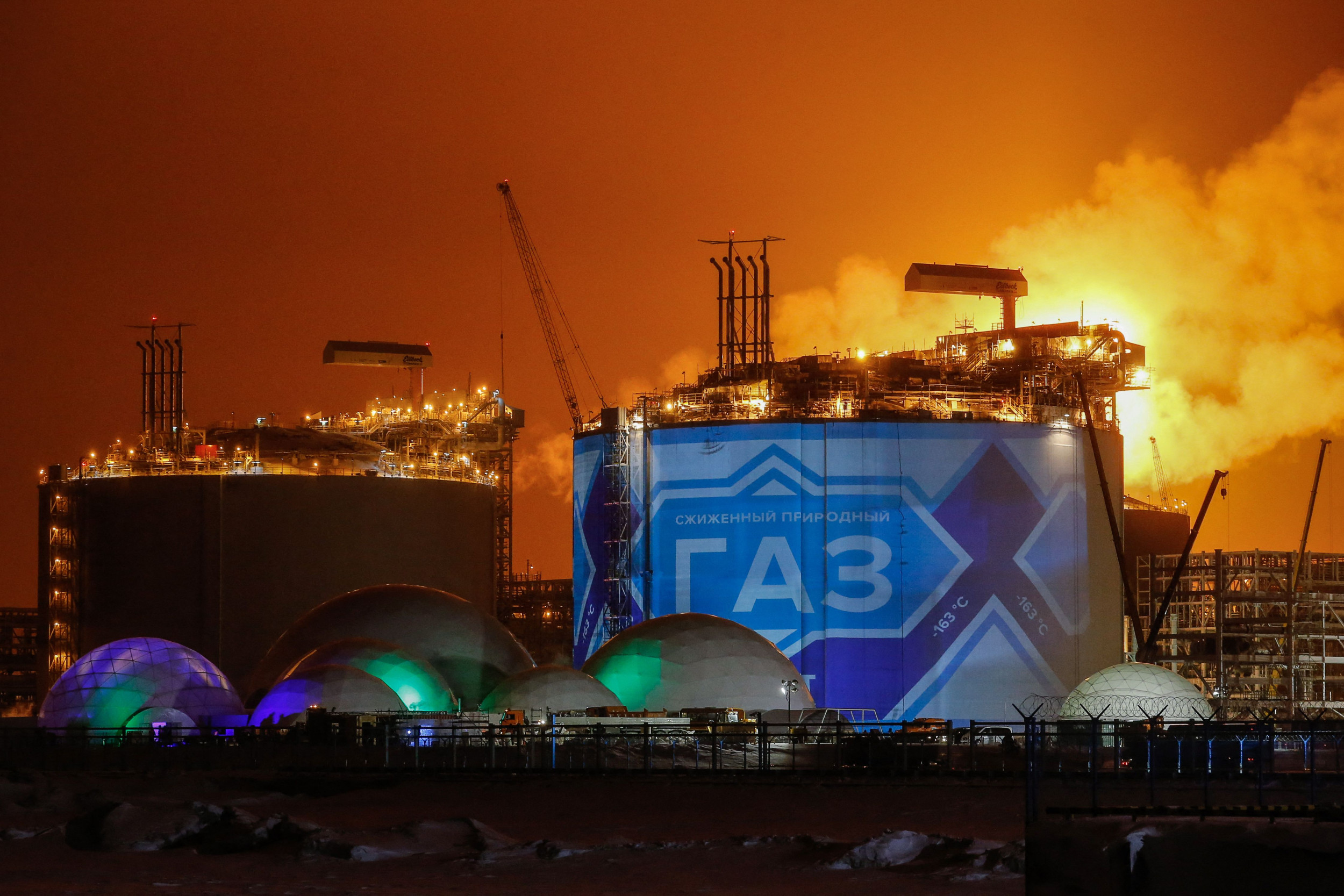The European Union is poised to escalate sanctions against Russia by proposing a phase-out of liquefied natural gas imports and potential restrictions on aluminum purchases. These measures, part of the EU’s 16th sanctions package, could significantly impact Russia’s key industries and alter the energy landscape in Europe.
Russia’s Biggest Exports Could Soon Face Full Embargo in Europe: Report

Key Takeaways:
-
EU Proposes Phasing Out Russian LNG Imports
The European Union is considering ending its reliance on liquefied natural gas from Russia as part of new sanctions. -
Potential Restrictions on Aluminum Imports from Russia
The sanctions may include cutting purchases of aluminum, impacting Russia’s metals sector. -
Further Sanctions on Banks and Oil Tankers
Additional measures could target Russian banks and the so-called “shadow fleet” of oil tankers. -
Impact on Russia’s Energy Sector and European Markets
Experts warn of significant repercussions for Russia’s industries and possible increases in European energy prices. -
Sanctions Aimed for Approval on War Anniversary
The EU aims to approve the sanctions package on February 24, marking the third anniversary of the war.
EU’s Proposed Sanctions Signal Shift Away from Russian Energy
The European Union is considering a significant escalation in its economic sanctions against Russia by phasing out imports of liquefied natural gas (LNG) from the country. According to a report by Bloomberg, this move is part of a proposed 16th sanctions package that also includes potential restrictions on aluminum imports and further measures targeting Russian banks, oil tankers, and military products.
Phasing Out Russian LNG Imports
The initiative to end reliance on Russian LNG reflects the EU’s ongoing efforts to reduce dependence on Russian energy resources amid the conflict with Ukraine. “The European Union is looking to end its reliance on Russia’s liquefied natural gas (LNG), with officials reportedly proposing to phase it out,” the original report states. This shift comes after many European countries have already sought alternative suppliers for pipeline gas, leading to a significant decrease in Russian gas production.
Expanding Sanctions Beyond Energy
In addition to energy, the EU is contemplating cutting purchases of aluminum from Russia. Such a move would extend sanctions into the metals sector, potentially disrupting trade and impacting industries reliant on aluminum. The proposed measures also aim to impose further restrictions on Russia’s banks and the so-called “shadow fleet” of oil tankers that facilitate sanctions-busting activities.
Expert Insights on Potential Impacts
Leigh Hansson, a sanctions partner at Reed Smith’s Global Regulatory Enforcement group, told Newsweek that the proposed sanctions could have far-reaching effects. “If passed, the sanctions would have a significant impact on a range of Russia’s industries,” Hansson said. She also highlighted the potential consequences for Europe: “Considering Europe’s heavy reliance on LNG, such a ban could lead to increased energy prices.”
Challenges Facing the European Union
While the EU is unified in its stance against Russia’s actions, implementing a full embargo on Russian LNG presents challenges. Countries like Hungary and Slovakia still rely on supplies from Gazprom for pipeline gas, making a complete ban impractical for some member states. However, banning LNG imports is viewed as more feasible since the largest purchasers—Spain, Belgium, and France—are not expected to oppose the measures.
Approval Timeline and Strategic Significance
The draft proposals are currently under discussion among EU member states and may undergo changes before formal presentation. The bloc aims to approve the sanctions package on February 24, which holds symbolic significance as the third anniversary of the war. “Any sanctions require unanimous approval from member states and are limited in time,” the report notes, emphasizing the importance of consensus in the EU’s decision-making process.
Conclusion
The EU’s consideration of phasing out Russian LNG imports and imposing further sanctions represents a strategic shift in response to the ongoing conflict. The potential impact on Russia’s key industries and the European energy market underscores the complexity of international sanctions and their far-reaching implications. As the EU moves toward approving its 16th sanctions package, member states must balance economic repercussions with geopolitical objectives.











